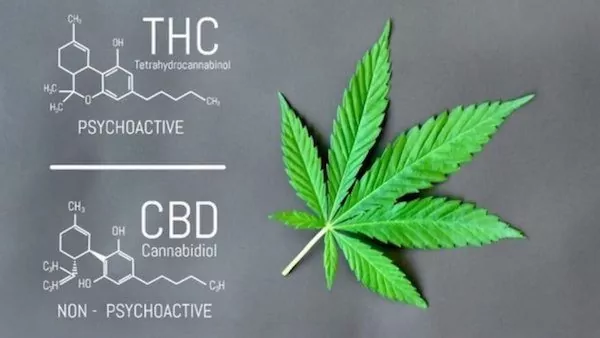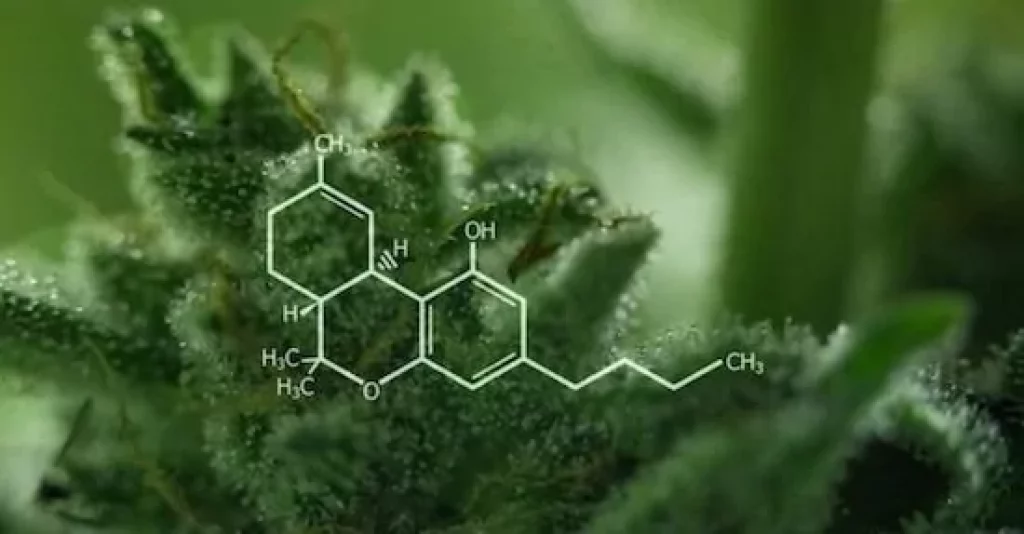CBD vs Marijuana vs THC!

Okay, so you have heard about CBD but still have no idea. Let’s start by clearing up the most basic doubts about CBD: The differences between CBD and THC!
#1 CBD or cannabidiol is not the same as Marijuana.
And While CBD and THC have the same components and are present in all plants from the Cannabis Sativa family, they have different effects on your body and mind! This way, although CBD can be obtained from Marijuana, it is usually extracted from Hemp, a completely different plant from the Cannabis Sativa family.
You see, Hemp is a cannabis plant variety that contains only 0.3% THC—THC, the psychoactive component that makes Marijuana a drug. Having that said, let’s jump into the topic.
Differences and similarities between CBD and THC
Usually, when we hear the word Cannabis, the first thing we think about is Marijuana. However, Marijuana is simply a variety of plant species called Cannabis sativa. Regarding this:
- Another variety of this same species is Hemp.
- And Hemp is the plant from which CBD is extracted the most.
This is by far the most common misconception regarding CBD. And having that clear, we can continue to talk about CBD and THC.
You see, while the marijuana plant produces more than 20% tetrahydrocannabinol (THC), the Hemp plants have less than 0.3%, which is why they are sold legally. THC is responsible for you getting high and therefore is the illegal component of Marijuana.
Can CBD be taken from Marijuana?
Sure, the marijuana plant produces more than 10% CBD. However, this is nothing compared to Hemp, which has more than 20% CBD on average.
CBD vs. THC Breakdown
Although both have identical amounts of the same elements, how these elements are distributed affects how one or the other involves your endocannabinoid system.
So here we will compare CBD and THC in three fields:
- Chemical Effect
- Legality
- Medical Effects
Chemical effects
Both compounds enter similarly to your endocannabinoid system interacting with cannabinoid receptors. And this interaction is the main difference between them.
THC connects directly to the receptor cannabinoid 1. A receiver in the brain produces a sense of euphoria and clouds the mind. On the other hand, CBD Hardly has any connection with this receptor.
Furthermore, studies indicate that CBD can interfere with the connection of THC to cannabinoid 1. This means that CBD doesn’t make you high and even further reduces the effect of TCH. In other words, Marijuana without CBD would be Super-Marijuana.
Moving forward, CBD connects better with our cannabinoid 2, a receptor whose effects spread through the whole body, making it possible for the relaxation effect to reduce inflammation.
NOTE: CBD and THC are effective when entering your body through your mouth or skin.
CBD and the law
Another notable difference between CBD and THC is their legality.
While in the United States, the law continues to evolve concerning marijuana plants, THC, and the marijuana plant as such substances controlled by federal law. For CBD, the story is different.
As of 2018, the Agriculture Improvement Act legalized the CBD derived from Hemp, considering that this plant contains a maximum of 0.3% THC concentration. Therefore, the hemp plant is legal and regulated by federal law.
This 2018 document, also known as the “Farm Bill,” also indicates that any cannabinoid derived from Hemp is considered legal, provided that it adheres to specific regulations outlined in the document.
In short, if a licensed company does not produce CBD products, it is still considered illegal according to federal regulations. But, other than that, you can legally go for it.
Their Medicinal effects: As you can imagine, both compounds share some medical products, given their composition. And once again, an essential difference is that CBD does not cause numbness or euphoria. Thus, CBD is handy for treating problems such as:
- Anxiety
- Depression
- Inflammation
- Inflammatory bowel disease
- Migraines
- Nausea
- Pain
- Psychosis and other mental disorders
- Seizures
While THC has proven to be efficient in treating:
- Anxiety
- Glaucoma
- Insomnia
- Low appetite
- Muscle spasticity
- Nausea
- Pain
However, where the difference arises when we take a look at their side effects.
While CBD is easily tolerable, even in large doses, and has only shown adverse reactions when combined with other medicines or drugs, THC causes temporary side effects that make it less efficient as a medicine:
Among THC side effects, you can feel coordination problems. In addition, dry mouth increases heart rate and appetite, memory loss, red eyes, and slower reflexes.
Bottom line
Being wholly legal and only prohibited by some states’ laws, you can find all sorts of CBD products, including pills, oils, and even infusions. So, in the end, CBD has no dark background to complain about.
Nevertheless, being a component only found in the cannabis Sativa plants has made it hard for it to come out before, primarily due to the governments’ satanization of this plant family. So now you know that CBD found currently in the market has nothing to do with Marijuana or THC and that THC isn’t that bad, although you shouldn’t consume it.
Get to know more about your endocannabinoid system HERE! And stay tuned for more articles about CBD and its benefits!


